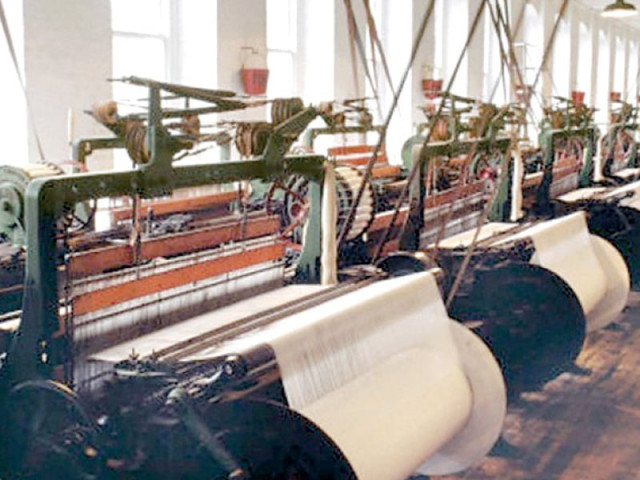APTMA’s Punjab chapter laments lack of energy
Urges govt to prioritise power crisis, fears cancellation of export orders.

He also hinted that millers would be unable to purchase cotton this year amid a lack of power supply to operate their units. This could result in another crisis in the coming months.
“We are not in a position to purchase cotton, the situation is getting worse,” he said.

International buyers are wary of placing orders in underdeveloped countries and place value on the mills’ compliance with safety, health and environmental measures. According to Ahsan, some buyers have pointed out proper usage of waste water treatment plants, while stressing that lack of compliance would result in them seeking another supplier.
With the ongoing energy crisis, Aptma is looking to protect around 15 million textile workers, which are directly or indirectly attached with the industry.
Punjab textile industry, according to Ahsan, is contributing 8% to the country’s GDP, 46% to the manufacturing sector and 53% to total exports. Not to mention that 70% of the textile industry is based in Punjab out of which no more than 40% is sitting idle.
“All the distribution companies have been observing 10 hours a day of electricity load-shedding since June 29, jeopardising the running capacity of textile mills one after another in the province,” said Ahsan.
He regretted that the government was not ready to prioritise the industry in energy supply, resulting in about $3 billion loss in exports during fiscal year 2013-14.
“Electricity load-shedding was merely four hours a day in 2011 against 10 hours a day in 2014. Gas load-shedding was merely seven hours a day in 2011, which has jumped to 16 hours a day in 2014,” said the Aptma official.
Besides the abnormal rise in load-shedding of electricity and gas, he said, the strident increase in electricity tariff by 67 per cent since August 2013 has been adding fuel to fire, particularly in Punjab where 84 per cent of the total consumption belongs to the industrial sector.
Resultantly, he said, textile exports dropped six percent in FY14 in value terms besides a significant reduction in quantity terms.
Apprehending that the prevalent situation would lead to complete shutdown and massive layoffs across Punjab, Ahsan urged the government to prioritise power supply as per Nepra regulations, apex court order and commitment with the IMF.
Published in The Express Tribune, July 3rd, 2014.
Like Business on Facebook, follow @TribuneBiz on Twitter to stay informed and join in the conversation.



















COMMENTS
Comments are moderated and generally will be posted if they are on-topic and not abusive.
For more information, please see our Comments FAQ